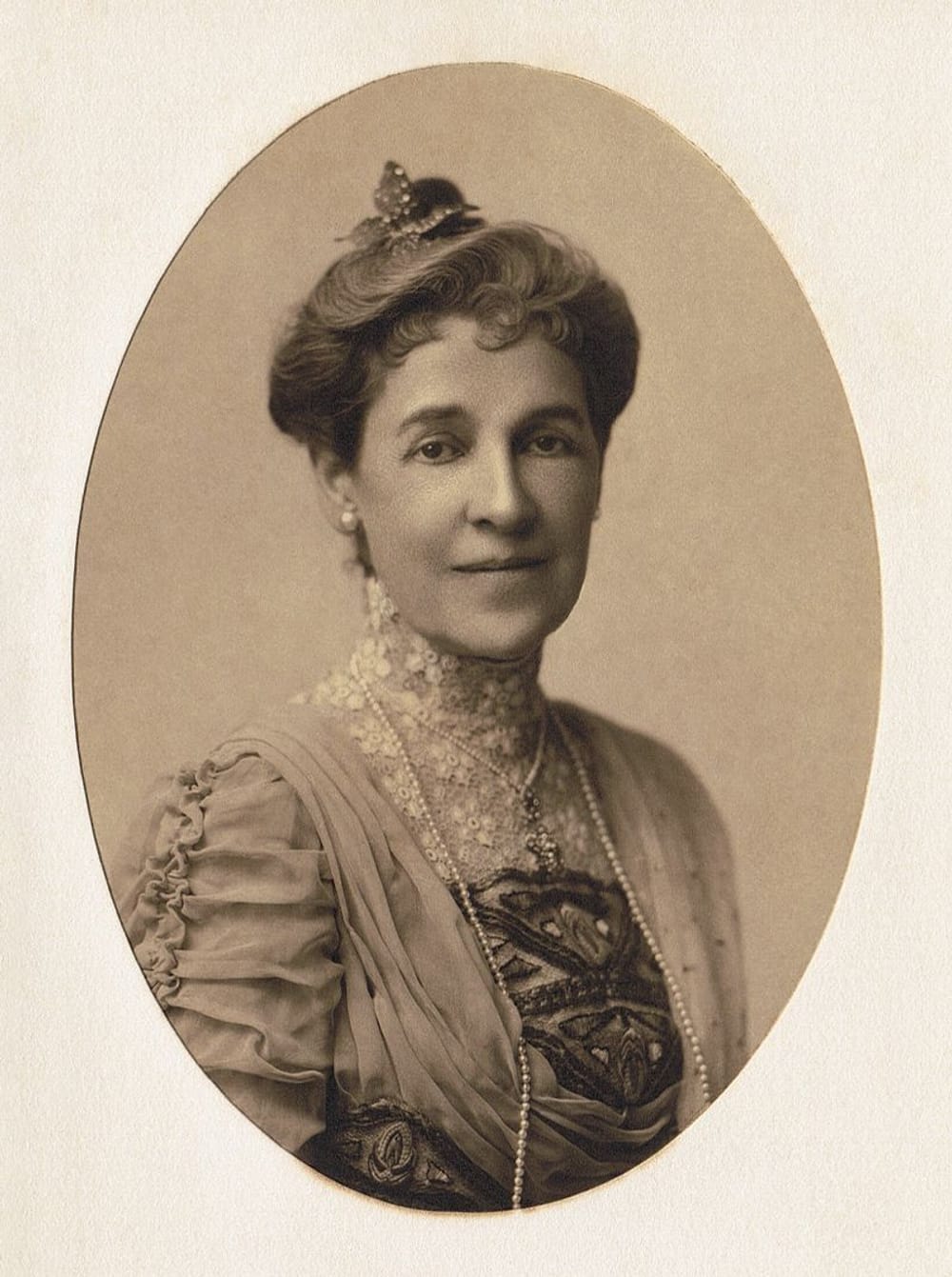Stay in the Loop
BSR publishes on a weekly schedule, with an email newsletter every Wednesday and Thursday morning. There’s no paywall, and subscribing is always free.
Looking back at a Philly poet legend
Remembering Florence Van Leer Earle Nicholson Coates

Philadelphia has an abundant community of contemporary poets, as well as a rich history of poets in its storied past. One of those poets includes Florence Van Leer Earle Nicholson Coates, who was an advocate for equality and progress and was able to recognize and commemorate the strength of other women through both her words and her actions.
Advocating through poetry
Coates was born on July 1, 1850, into a family well-suited to raise an artist. The Earles were part of Philadelphia’s upper-middle-class elite, with the funds and resources to provide their daughter with an intellectual upbringing. Coates’s own grandfather was the abolitionist Thomas Earle, and Coates’s father George Hussey Earle Sr. was a prominent lawyer who represented escaped enslaved people. The family welcomed many distinguished erudite persons into their Germantown mansion, and the scholar Matthew Arnold, who was a guest of the Earles during a lecture tour, bonded with the young, then-unmarried Florence Earle and became her mentor. She would go on to marry twice, first to William Nicholson in 1872, and then Edward Coates in 1879. But she would never sever her relationship to literature.
This combination of an outstanding humanist education, an enlightened circle of family friends, and genuine sensibility to her surroundings culminated in Coates developing a refined talent for writing. The most responsive platforms for her poetry, which were primarily focused on the subjects of nature and spirituality, were Lippincott's and The Century magazines, and her friendship and collaboration with The Century’s editor Richard Watson Gilder was one of remarkable productivity. Her poems also appeared in the reputable journals Atlantic Monthly, Scribner's Magazine, The Literary Digest, and Harper’s. Historians have determined that she wrote and published nearly three hundred original poems in her lifetime.
As an advocate for equality and progress for women and people with disabilities, Coates's work caught more attention in July 1905 when The Century published her affectionate tribute to disability rights activist and author Helen Keller, titled “Helen Keller with a Rose.” Coates produced it specifically to compliment the famous photograph of Keller taken by Whitman Studio in 1904. However, The Century was not able to acquire permission to print the photograph alongside the poem, so the poem appeared on its own as a tender pen-portrait in which Coates writes from Keller’s point of view. These lines demonstrate Coates’s willingness to understand her subject, and respect Keller’s character and her disabilities while staying faithful to her own favored theme of connecting to the sensual world:
“We understand each other, thou and I!
Thy velvet petals laid against my cheek,
Thou feelest all the voiceless things I speak,
And to my yearning makest mute reply;”
As Coates credited Keller’s talents, the state of Pennsylvania awarded hers. In 1915, the Federation of Women’s Clubs selected her out of an array of candidates to be Pennsylvania’s Poet Laureate, and the election cemented Coates’s legacy as a true, professional poet. The recognition also validated Coates’s hard work as the founder of the Contemporary Club of Philadelphia, a founder of the Society of Mayflower Descendants in the Commonwealth of Pennsylvania, and the president of the Browning Society of Philadelphia. She was an exceptionally active woman.
Coates passed away on April 6, 1927, at a time where America was embracing a new generation of hip, modernist poets—Edna St. Vincent Millay would publish her Pulitzer Prize-winning “The Ballad of the Harp Weaver” only five years earlier in 1922—and leaving its previous, more old-fashioned batch of wordsmiths behind. Regardless, Coates passed on to the next life well-satisfied with her own output. She is a Philadelphia-born treasure.
Above: Florence Van Leer Earle Nicholson Coates was a well-known Philadelphia poet. (Image retrieved via Wikimedia Commons.)
Sign up for our newsletter
All of the week's new articles, all in one place. Sign up for the free weekly BSR newsletters, and don't miss a conversation.

 Emily R. Zarevich
Emily R. Zarevich